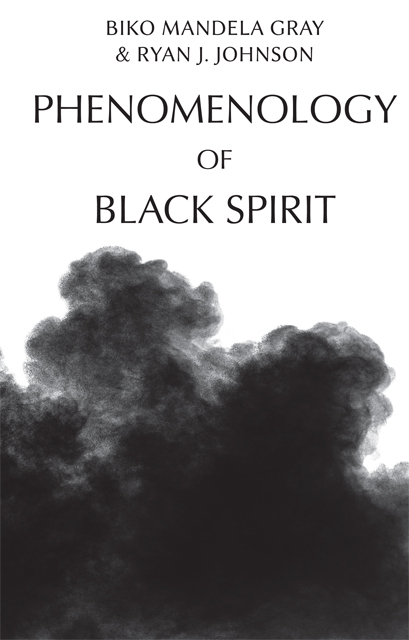4 - Devotion
Published online by Cambridge University Press: 10 August 2023
Summary
If God is not for us, if God is not against white racists, then God is a murderer, and we had better kill God.
– James ConeWith Hegel’s figuration of the ‘unhappy, inwardly disrupted consciousnesses [unglückliche, in sich entzweite Bewußtein]’, which we will call just ‘unhappy consciousness’, the dialectic of Black spirit moves forward. Having trod through the self-consciousness of bondage; having found – only to disrupt – the idealisation of stoic freedom; having moved through the double- and triple-consciousness of Black scepticism, Black life has found itself internally divided. With the end of slavery and at least a minimal space for self-examination carved out, Black folks strove to reconcile themselves with and through their internal divisions. Chattel slavery had ungendered and unworked any sense of internal coherence, producing a self marked by bondage. But they knew better, for they had heard the stories of Moses and Exodus: Jubilee was possible. Such a possibility was just enough to show a glimpse of a different self, one that might exist beyond subjection and enslavement, a higher sense of self, one that aligns with Hegel’s Unchangeable. They may have been forced to reckon with a brutal Christianity that enforced their bondage, but they knew better. Though white folk had tried to claim Jesus for whiteness, Black folk knew Jesus was a friend and a liberator. God, as Henry McNeal Turner once proclaimed, is ‘a negro’. This Christianity – one founded upon folk wisdom as much as upon certain traditional theological doctrines – provided a set of concepts and promises through which Black people could seek to free themselves from a lower self and realise the promise of a higher, more dignified one, concepts that affirmed their existence as the imago dei. They were, therefore, initiated ‘into a process of seizing the truth, a project of deliverance and healing, in short the promise of a new life’.
This ‘new life’ would not come overnight, of course. Neither would it involve a wholesale rejection of the religion of the white Protestants, Catholics, and others who enslaved, degraded, and segregated them. But it would bring into sharp relief the fact that they, as Black people, could find dignity in their higher selves.
- Type
- Chapter
- Information
- Phenomenology of Black Spirit , pp. 143 - 176Publisher: Edinburgh University PressPrint publication year: 2022



